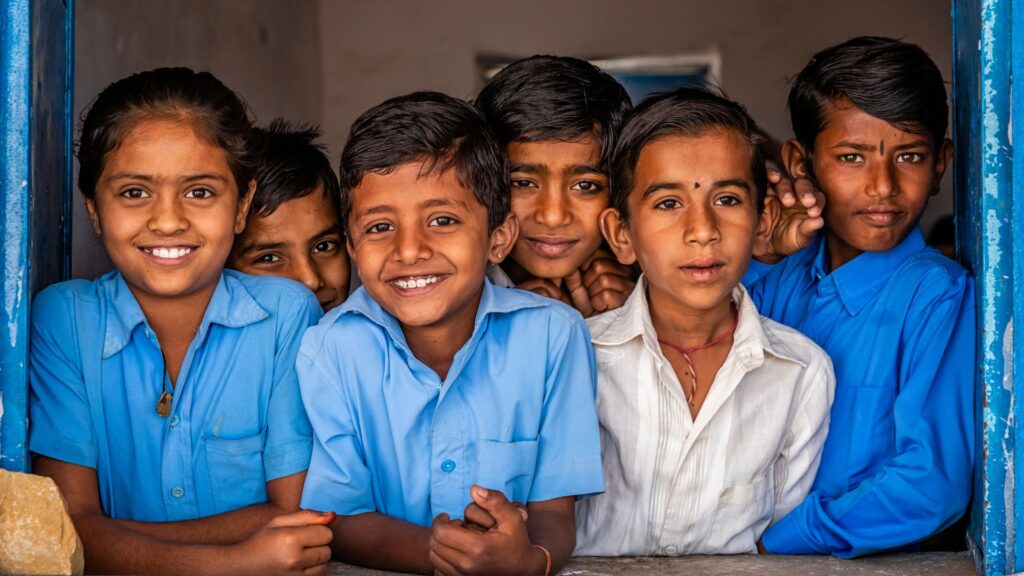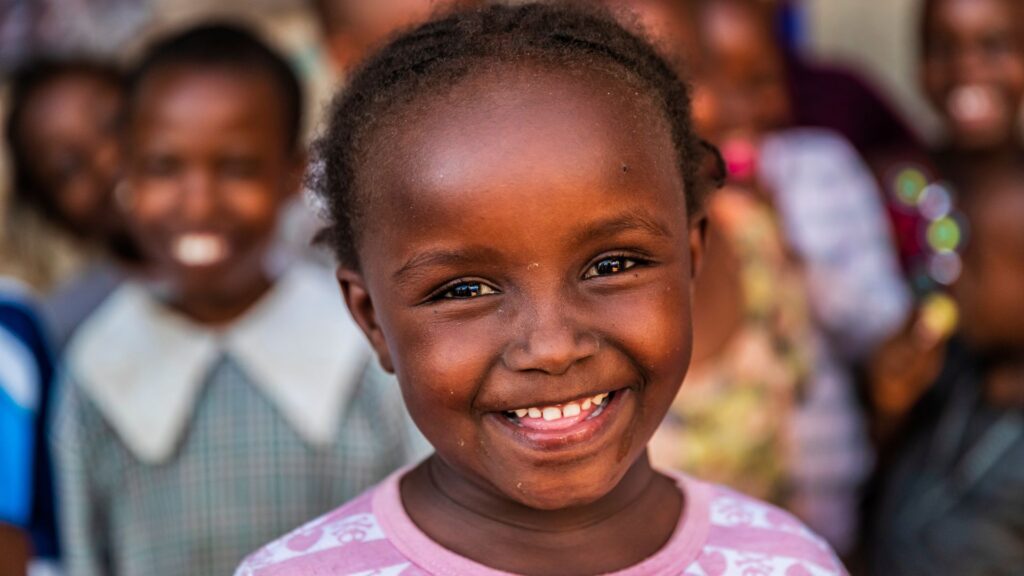
G2MC FLAGSHIP PROJECT
Rare Genetic Disorders
Promoting implementation of genomic medicine in Low and Middle-Income Countries (LMICs).
Overview
“Genomic Medicine Clinics for Rare Genetic Disorders”
Promoting Implementation of Genomic Medicine in Low Middle Income Countries
Background
The Cape Town Declaration following the fourth Meeting of the Global Genomic Medicine Collaborative (G2MC) in Cape Town, South Africa in November 2018 called for meaningful steps to be taken to enable local health care providers to implement evidence-based Genomic Medicine in Low Middle Income Countries (LMIC). The G2MC recognize that there are examples of successful implementation of Genomic Medicine in LMICs (Eg. 1). Such implementation is possible in settings where there is a team of trained clinicians, scientists and bioinformaticians on site capable of planning, implementing and sustaining such services. In most LMICs such expertise simply does not exist and as a result the benefits of genomic medicine remain inaccessible to their people.
There is widespread recognition of the clinical utility of genome and exome sequencing in diagnosing rare genetic disorders (2). Although individually these disorders are rare, when taken together they make a significant contribution to the burden of disease in LMICs as well as the cost to the health care services, especially in settings where there is a high degree of consanguinity (3). Although implementation of Genomic Medicine as a full-scale service within already stretched health care services in resource poor settings in LMICs may be challenging, genome and exome sequencing may have the potential to revolutionize the care of children with rare genetic disorders by reducing the time between presentation and diagnosis enabling more effective care early as well as potential cost-savings to the medical system.
The overall objective of this project is to enable LMICs around the world to implement genome and exome sequencing in children with rare undiagnosed genetic disorders. We will establish a network of clinics in hospitals in LMICs in South America, Caribbean Islands, Africa, Asia, the Pacific Islands and other LMICs where genome and exome sequencing would be implemented as a routine service to patients when clinically indicated.
The specific aims of this project are:
- Implement a research pilot program in which exome sequencing is performed in eligible patients for molecular diagnosis.
- Evaluate clinical outcomes, provider and patient satisfaction, ethical, social and legal implications, and cost-effectiveness of the intervention.
- To train local clinicians in genomic medicine in the genetic evaluation, result interpretation, and pre and post-test counseling.
Project Activities:
- Establishment of a Project PI and Steering Committee
- Development of a high-level Project Proposal
- Discussion with a funding agency followed by funding application
- Selection of local PIs and Teams at 10 Implementation Sites
- Development of a detailed project proposal
- Obtain IRB approval from a Central IRB
- Train project Implementation Teams
- Upgrade capacity in clinics
- Project Implementation with monitoring and evaluation by the steering committee
References:
- Sirisena ND, Neththikumara N, Wetthasinghe K, Dissanayake VHW.
Implementation of genomic medicine in Sri Lanka: Initial experience and
challenges. Applied and Translational Genomics. 9 (2016) 33–36. doi:
10.1016/j.atg.2016.05.003 - Clark MM, Stark Z, Farnaes L, Tan TY, White SM, Dimmock D, Kingsmore SF.
Meta-analysis of the diagnostic and clinical utility of genome and exome
sequencing and chromosomal microarray in children with suspected genetic
diseases. NPJ Genom Med. 2018 Jul 9;3:16. doi: 10.1038/s41525018-0053-8.
eCollection 2018. - Verma IC, Puri RD, Global burden of genetic disease and the role of genetic
screening. Semin Fetal Neonatal Med. 2015 Oct;20(5):354-63. doi:
10.1016/j.siny.2015.07.002. Epub 2015 Aug 4. - Tekola-Ayele F, Rotimi CN. Translational Genomics in Low- and Middle-Income
Countries:
Opportunities and Challenges. Public Health Genomics. 2015;18(4):242-7. doi:
10.1159/000433518.
Epub 2015 Jun 26. PubMed PMID: 26138992; PubMed Central PMCID:
PMC4514540.
Project Co-Leads:
Prof. Vajira H. W. Dissanayake, University of Colombo, Sri Lanka
Dr. Alan Shuldiner, Regeneron Genomic Center, USA
- AMERICAS: Brazil, Chile, Colombia, Mexico, Peru, USA
- EUROPE: Greece, Czech Republic, Spain
- AFRICA: DR Congo, Egypt, Jordan, Mali, Nigeria, South Africa, Sudan, Zimbabwe
- MIDDLE EAST: Kuwait, Qatar, UAE
- ASIA: China, Malaysia, Nepal, Philippines, Singapore, Sri Lanka
- AUSTRALASIA: Australia








